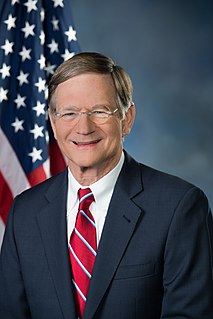A Quote by Eric Schneiderman
The workers who harvest our food have been systematically denied the basic rights that are granted to all other American workers. They can be fired for trying to form a union or for attempting to improve their working conditions. They are not eligible for overtime pay, disability, or even unemployment insurance.
Related Quotes
I know firsthand that many employers who comply with other labor standards still hire the undocumented. Many businesses pay the minimum wage and have barely tolerable working conditions because there are sufficient undocumented workers willing to accept those terms. If we care about low-income workers in this country, we need to create pressure to improve their economic condition by reducing the supply of unauthorized workers.
From its onset, the labor movement has been at the forefront of the fight to improve working conditions and workplace safety. At the local level, knowing their union has their back gives workers the confidence and support they need to stand up and report harassment, poor working conditions, or workplace safety violations.
The competitive pressure to produce, buy, and sell to our global multi-national companies is so intense that contractors in supply chains are motivated to pay low wages, intensify exploitative conditions, keep workers fearful with insecure work contracts, or simply sack workers who have formed a union to fight back.
The whole time I was a union leader, we had to put up with John Howard and Tony Abbott attacking workers' conditions. I'm proud of being a moderate trade union official, working co-operatively between employees and employers. I'm interested in better wages for workers, better safety, job security, and, profitable companies, because I understand that if you get co-operation in the workplace, everyone wins.
It is taken for granted that workers should receive their pay partly in kind, in the form of medical care provided by the employer. How come? Why single out medical care? Surely food is no less essential to life than medical care. Why is it not at least as logical for workers to be required to buy their food at the company store as to be required to buy their medical care at the company store?
Apparently, union bosses are so distraught about declining enrollments they will stoop to exploiting illegal workers. There is no doubt that this would hurt American workers, who would suddenly face a flooded job market full of cheap foreign labor. It would depress the wages of the American workers and cost them jobs.
Look at how successful the domestic workers movement has been. But it's different when it's your husband hiring someone. Domestic workers quite literally say, "You need to get your house in order. You can't join this movement unless you look at yourself." And they're very forgiving, amnesty for everyone. "You haven't been paying into your nanny's unemployment insurance? That's cool, we'll teach you how to get right and go from there." What would the parallel be around sex workers? I don't know if there can be one.

































